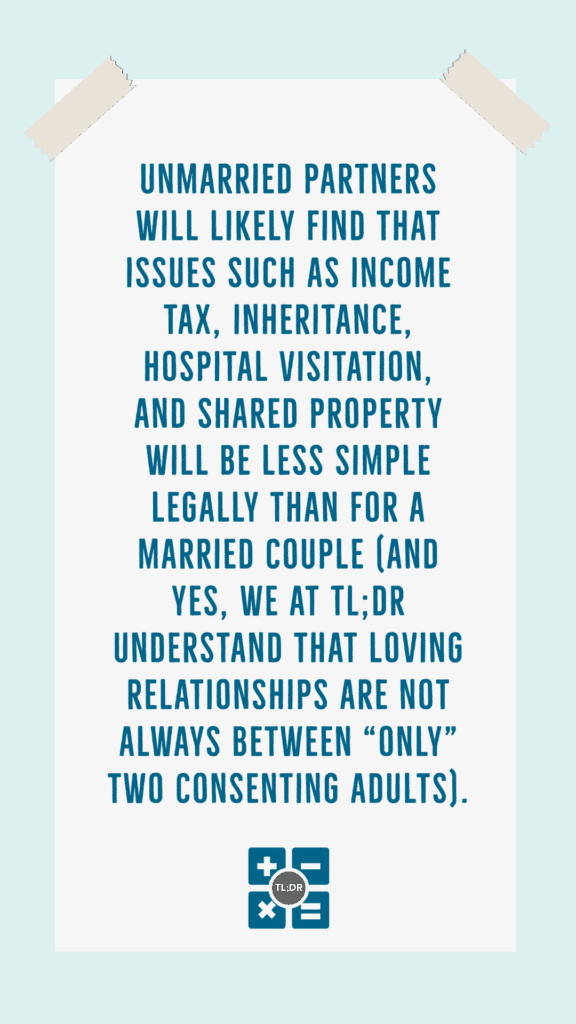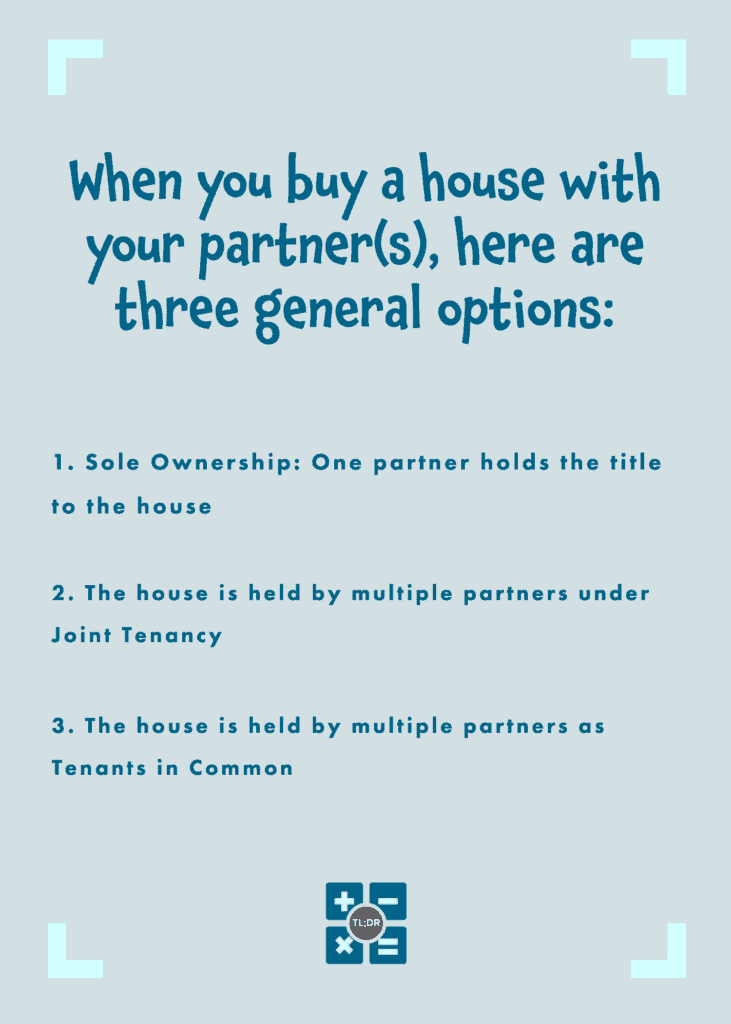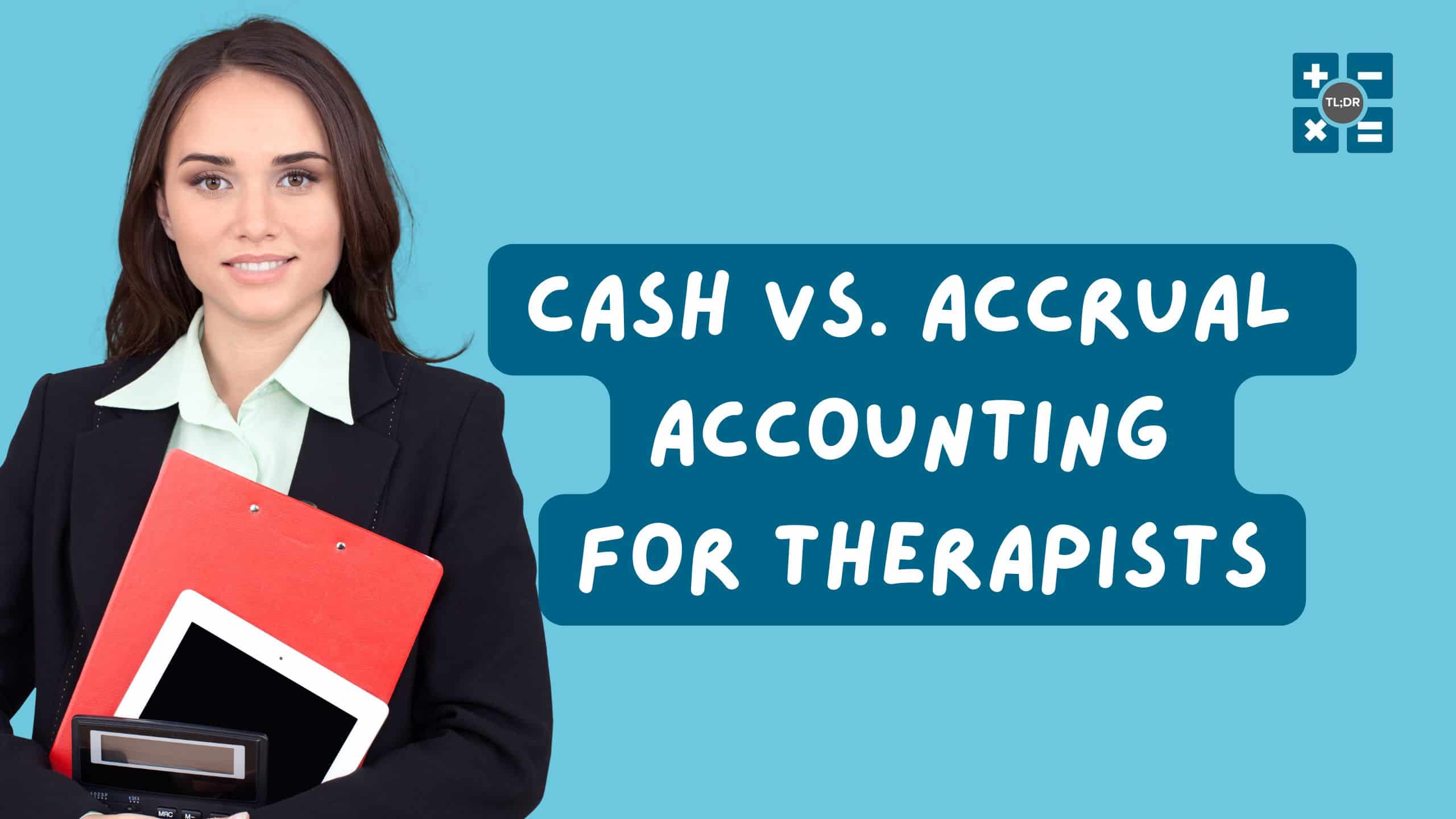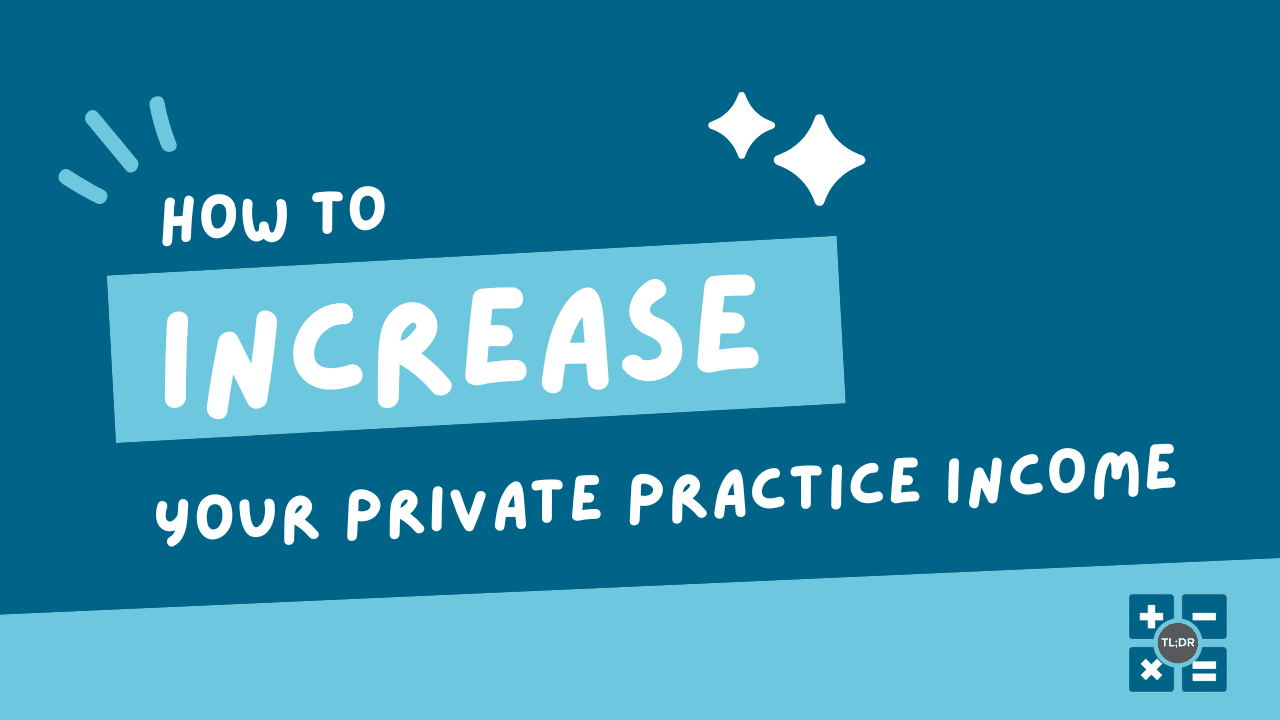Love is love.
Some folks decide to get married, and that’s perfectly fine. Some don’t, and that’s also perfectly fine. We applaud that consenting adults who identify as the same gender are able to get married. We also applaud that people of any gender who cohabitate, decide to have or adopt children, or decide to purchase property together are able to do these with or without getting married.
Something to keep in mind, though, is that, at least in the United States, marriage comes with a host of laws that affect many aspects of your life. Unmarried partners will likely find that issues such as income tax, inheritance, hospital visitation, and shared property will be less simple legally than for a married couple (and yes, we at TL;DR understand that loving relationships are not always between “only” two consenting adults).
For the purpose of this blog post, we are going to focus on important considerations when buying a house together with an unmarried partner. Two important points we will cover here are 1) how property ownership can work between unmarried persons and 2) mortgage interest and real estate tax (aka “property tax”) considerations.
Property Ownership Considerations
When a married couple buys property in Washington State, the property usually becomes community property because this state is what is called a “community property state.” This means that the “marital community” of the two married persons owns the property. Assuming that the couple files MFJ (Married Filing Jointly), the income and deductions of both persons are combined on one tax return, including deductions related to the property, such as the mortgage interest deduction and property tax deduction.
If the married couple later divorces, each person is entitled to half of all community property. Community property includes all income that either partner has earned after getting married and any property that was purchased with that income. With few exceptions, the only property that one spouse can solely claim in a divorce is property that the spouse owned prior to marriage or property inherited or received as a gift.
Unmarried partners are neither subject to community property rules nor its benefits. For this reason, it behooves you to protect yourself.
When you buy a house with your partner(s), here are three general options:
- Sole Ownership: One partner holds the title to the house
- The house is held by multiple partners under Joint Tenancy
- The house is held by multiple partners as Tenants in Common
Sole Ownership
We strongly recommend against Sole Ownership. If the house is solely in a partner’s name (option 1), a host of issues may arise:
- The property-owning partner (“the owner”) may be able to sell the house unilaterally, without consulting you or having you agree with the decision. If the owner does this, they may be able to keep all of the proceeds to themselves.
- In the event of the death of the owner, ownership of the house may transfer to a relative of the owner. It is possible that modifications to the owner’s will would allow non-owning partner(s) to gain ownership, but the owner’s relatives may sue for ownership.
- If you are not named on the title to the house, your partner may in the future have a legal right to pursue eviction against you.
Joint Tenancy
Joint Tenancy means that all partners own the property equally. If one tenant dies, the other tenant(s) retain an equal share of property ownership, meaning full ownership if there is only one surviving owner. While it is simple, joint tenancy ends if any tenant in the agreement decides to end the joint tenancy by selling their share, in which case the ownership of the property reverts to Tenancy in Common.
It is not necessary for every owner to pay the same down payment. If one partner pays more, they can treat the excess payment as a gift or a loan to the other partner(s).
While joint tenancy can be a simple way to co-own property when you purchase it, it is important to understand that changing ownership to joint tenancy or adding a tenant can trigger gift taxes that the giver must pay.
Tenants in Common
If partners share property as Tenants in Common, ownership percentage does not change when one partner dies. On the contrary, each tenant’s ownership will be distributed according to their will. Even if all partner(s) start off by willing the property to each other, it is everyone’s right to change their own will “at will,” even without informing anyone.
Tax Deductions: Mortgage Interest and Property Tax
If a property is owned solely by one unmarried partner, the property-owning partner will receive a 1098 detailing mortgage interest paid, and will also be billed for semi-annual property tax payments.
If the property is owned jointly by multiple partners, each partner is entitled to take a deduction for the amount of interest and tax that they pay. So if the mortgage interest for the year is $15,000 and there are two partners who pay it equally, each partner can take a $7,500 deduction. This is true even if only one partner is listed on the 1098 and the property tax bill.
But the standard deduction is $12,000 for Single filers. Hence, if real estate tax and mortgage interest is split down the middle, it’s likely that no partners will be able to deduct any of the expenses!
In our example, if one partner pays all $15,000 in mortgage interest and the other partner takes the standard deduction, both partners together get $15,000 + $12,000 = $27,000 in deductions. Otherwise each partner can only take the standard deduction, totaling $24,000 in deductions for both partners together.
We recommend that if you are buying property with an unmarried partner, you get a legal document drawn up that lists what type of ownership the property is held under along with what to do if one partner wants to get rid of the property. It should also include what you want to do with the property’s tax deductions each year.
TL;DR: Love is love. We know that there are more ways to express love than there are colors in the rainbow. In a more practical sense, however, much of property law dates back decades or even centuries. We recommend taking great care in how you structure the ownership of property that you purchase with unmarried partner(s). To protect yourself, please ensure that you are at least part owner of any house you purchase (as a joint tenant or tenant in common). If your mortgage interest expense, property tax expense, and other deductions combined are high enough, we recommend one partner claiming all deductions that they can in order to maximize overall deductions for all partners. You can then split out their tax refund using a spreadsheet to keep everything fair.









